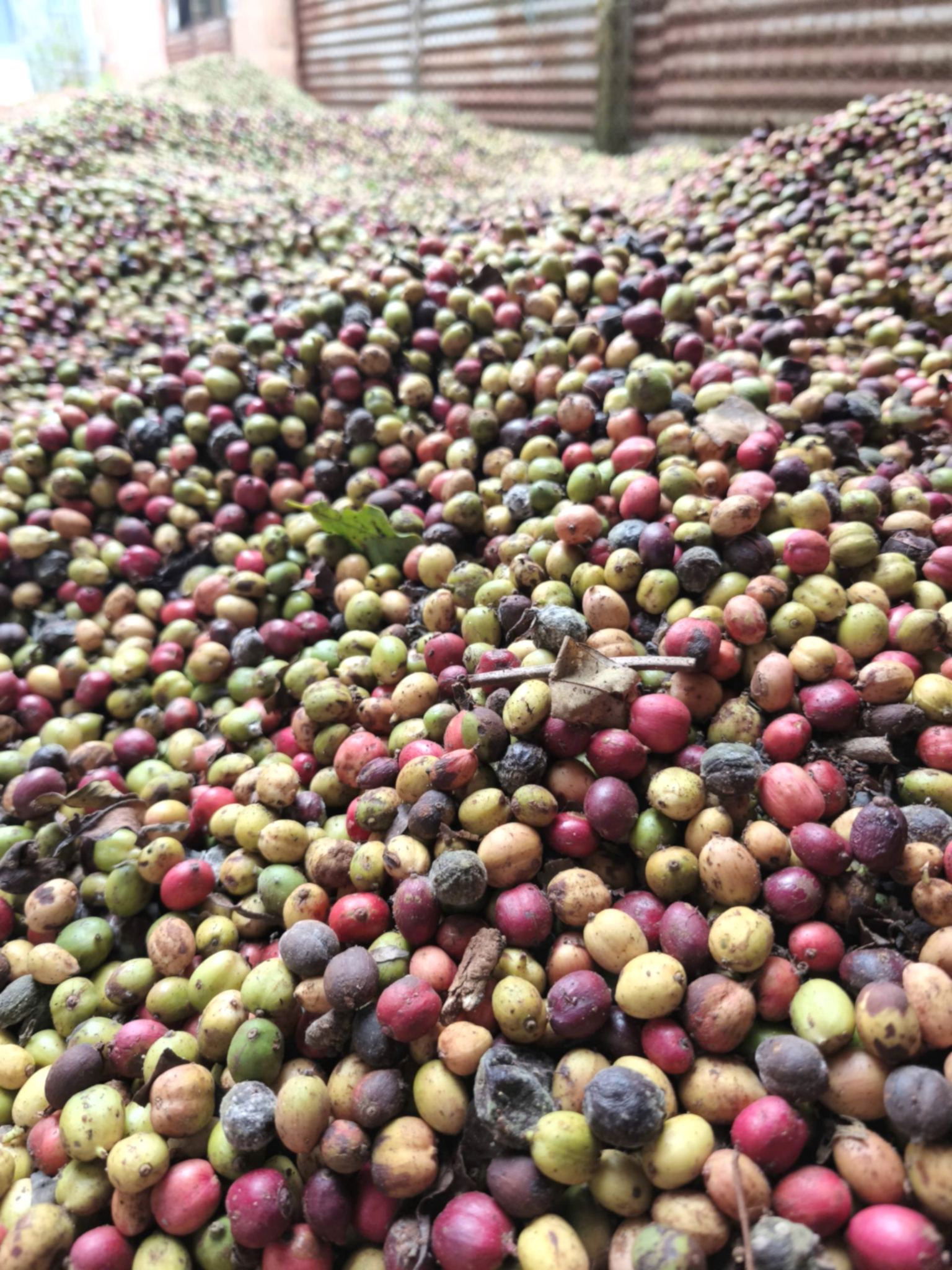Coffee Prices Today, August 13: Slight Decline Amid Profit-Taking Pressure
Coffee prices eased slightly today as investors took profits from long positions. Meanwhile, U.S. buyers have requested to postpone imports of Brazilian coffee due to tariff impacts.
Global Coffee Price Update
London Robusta Futures (August 12 Closing):
- September 2025 contract: US $3,727/ton, down 0.03% (–US $1) from the previous session.
- November 2025 contract: US $3,628/ton, down 0.98% (–US $36).
New York Arabica Futures:
- September 2025 contract: 315.15 US cents/lb, down 1.73% (–5.55 cents).
- December 2025 contract: 308.3 US cents/lb, down 1.83% (–5.75 cents).
Arabica prices retreated under profit-taking pressure after hitting a 1.75-month high in the previous session.
Weather Factors and Market Sentiment
According to Reuters, reports of light frost in some coffee-growing regions of Brazil earlier this week helped push prices higher, despite steady harvest progress.
Farmers in the Cerrado Mineiro region confirmed frost on some farms, though the damage was not as severe as in 2021, when the area suffered heavy losses.
Weather forecasts suggest milder temperatures in the coming days.
“A cold air mass will withdraw from southeastern Brazil over the next three days, although it will remain close to the southern border until early next week,” said Marcin Gorski, analyst at LSEG Weather and Climate Research.
U.S.–Brazil Trade Tensions Impacting Coffee Shipments
The Brazilian Coffee Exporters Council (Cecafe) reported that U.S. coffee buyers have begun requesting shipment delays following the 50% tariff imposed on Brazilian goods by U.S. President Donald Trump.
Marcio Ferreira, Chairman of Cecafe, stated that the U.S. coffee industry — a major buyer of Brazilian coffee — is in “wait-and-see” mode regarding tariff negotiations.
“They have enough inventory to last 30–60 days, which gives them time to await the outcome of ongoing talks,” Ferreira said.
However, in an email to Reuters, the U.S. National Coffee Association said it had no information on the matter.
Financial and Contract Implications for Exporters
Ferreira warned that shipment delays could hit exporters using Advance on Export Contracts (ACCs) — a financing tool that provides funds before delivery.
“When business is delayed, the ACC is not executed on time, and we face additional interest, high fees, and other costs such as administrative expenses,” he explained.
He also noted that the futures market is currently in backwardation — with distant-month contracts priced lower than near-month contracts.
Delaying a shipment from September to December could mean a US $10 loss per bag, adding to the financial strain.
“Postponing shipments will have a cumulative and increasingly severe negative impact,” Ferreira warned.
Export Trends Under Pressure
Although the tariffs took effect this month, Brazil’s green coffee exports to all markets dropped 28.1% year-on-year in July, totaling 2.45 million 60-kg bags, according to Cecafe.
- Arabica exports: 1.98 million bags, down 20.6% year-on-year.
- Robusta exports: ~461,000 bags, down nearly 49%.
Besides the U.S. — Brazil’s largest coffee buyer — top export destinations include Germany, Italy, and Belgium.
- Mastering the Art of the Green Bean Roaster
- Green Coffee 2026: Boom, Bust, and Regulation
- Sourcing and Verifying Organic Green Coffee Beans Certification in Vietnam
- Single Origin Robusta Natural: Vietnam’s Contribution to Global Coffee Excellence
- Coffee Prices Today, Nov 20: Markets Retreat on Brazil Rain Forecasts; Vietnam Floods Limit Losses







